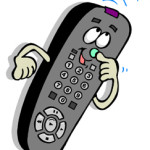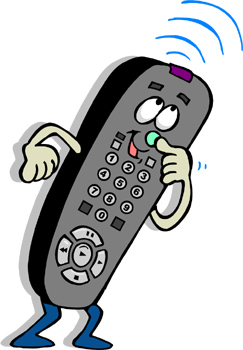
First and foremost, don’t be scared or intimidated when starting to learn a new language. We know from history and multiple studies that when one is scared to do something, the outcome is usually not favorable. However, those that try something with confidence usually end up doing much better. So don’t feel nervous when you begin; remember that no one starts out as an expert!
One of the first things you can do is change the settings on anything electronic that you own. This includes cell phones, TV sets, land-line telephones, electronic planners, computers, and many other devices. While handling menus and commands on these devices in another language may be difficult at first, you will nonetheless be able to identify many key terms, and with time, you will get better and better at handling them! And remember, you can always switch back to your native language if things get too tricky.
Another thing you can do is buy bilingual books. These books are perfect for anyone looking to learn a new language as their setup is quite helpful: one page is in one language, and the other page is in the target language. You can start at an easy level by purchasing bilingual children’s books, which often contain simple vocabulary and verb tenses. Then, you can delve into more complicated books or even books containing poetry! There is nothing more beautiful than reading poems with rich words in two languages.
Additionally, you can start watching foreign films and television shows—with subtitles of course. By doing this you will start noticing similarities between the words you see written and the words being said. You will also hear the different pronunciations of those words, something incredibly important. For instance, the English r and the French r are quite different, and it’s important to be able to sound out different letters appropriately.
So remember, you don’t always have to do everything by the book, use your creativity to tackle new situations; the outcome may surprise you!






